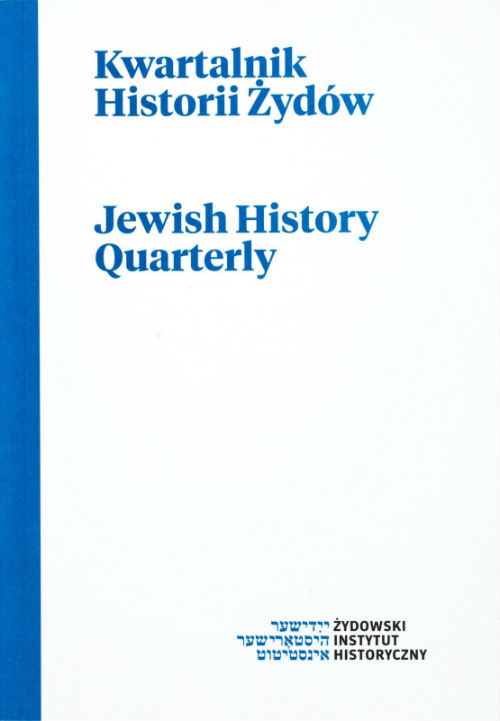Das multikulturelle Galizien. Die Entstehung eines Mythos waehrend des Ersten Weltkriegen
Multicultural Galicia. The Origin of a Myth During World War I
Author(s): Frank Michael SchusterSubject(s): History
Published by: Żydowski Instytut Historyczny
Keywords: Galicia; World War I; memory; Franz Joseph I.; myths Galicia; World War I; memory; Franz Joseph I.; myths
Summary/Abstract: The Austro-Hungarian Kingdom of Galicia, an artificial creation, disappeared from the map of Europe in 1918/1919 together with the multi-ethnic Habsburg-Empire itself. But surprisingly it is not totally forgotten. It survived as a mythical Arcadia, were Jews, Poles, Ukrainians and others could live more or less peaceful with and next to each other. This image can be found in a lot of memories, mostly written by Jews from the area during the inter-war-period and after the shoah. But where does it come from? To answer this question the article focuses on the last period of Galician history – World War I and its impact on the relationship between the Jews and other ethnic groups, the Russian occupiers in eastern-Galicia and Poles in the Austrian administration in particular. Although the myth of Galicia as a space, where Jews could live save and peacefully, protected personally by the emperor Franz Joseph existed even before the collapse of the Dual-Monarchy, what happened in Galicia during World War I is highly important, for the survival of Galicia as a myth. The growing inter-ethnic tension leading in 1918/1919 to the pogroms during the Polish-Ukrainian battles for independence, was such a formative experience for the Galician Jewry, that their view of what was before and memories of it, changed dramatically.
Journal: Kwartalnik Historii Żydów
- Issue Year: 212/2004
- Issue No: 04
- Page Range: 532-545
- Page Count: 14
- Language: German

